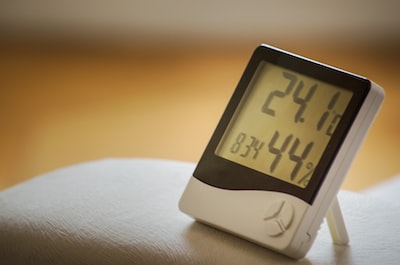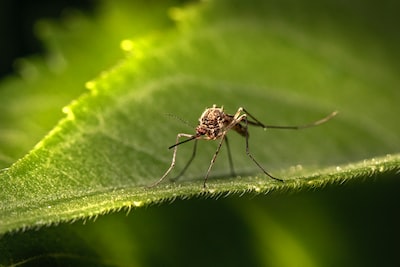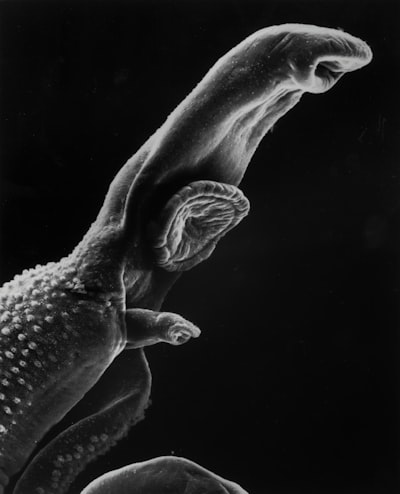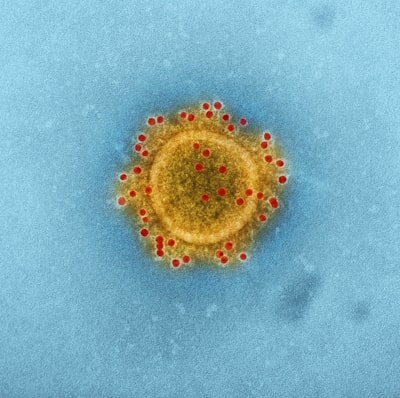How climate change affects disease
Mosquitoes are cold-blooded creatures that do best at mild temperatures. Since the Industrial Revolution, humans have warmed the Earth by more than 1 degree Celsius on average.
As climate change continues to destroy habitats and push plants and animals into new places, pathogens are on the move too. For example, in North America, the tick responsible for Lyme disease is already reaching as far north as Canada.

The outbreak of mosquitoes is affecting more than humans. In Hawaii, native songbirds are falling prey to a form of malaria. As temperatures rise, scientists expect mosquitoes to spread into the mountains of the islands until the birds have nowhere else to go.
temperature and humidity
For example, in the United States, many areas are already seeing an increase in “mosquito days” due to rising temperatures. Between 1979 and 2022, many areas of the country saw an increase in the number of days when temperature and humidity were a kind of “Goldilocks zone” for mosquitoes, according to a report by research and communications nonprofit Climate Central.

Different mosquitoes thrive in different temperatures
Different mosquitoes thrive in different temperatures. The Anopheles mosquito transmits malaria; Aedes aegypti and Aedes albopictus mosquitoes spread diseases like dengue and chikungunya. But A. aegypti A. albopictus thrives at higher temperatures. As different parts of the world warm at different rates, some mosquito-borne diseases will flourish while others will be stressed.
According to a study published in 2019, both species are expected to spread northward in the United States over the next 30 years. By 2050, a. aegypti may extend its range into the Mid-Atlantic and Midwest; A. albopictus can make it as far north as Michigan and Minnesota.

They are “carriers” of many painful diseases,
they are “carriers” of many painful and life-threatening diseases, from dengue fever to malaria and chikungunya. When a mosquito “bites” someone—by thrusting its needle-filled proboscis deep into a blood vessel—it both sucks up the blood and leaves behind some of its saliva.

That saliva, when contaminated with viruses or parasites, can make people sick, often painfully. Dengue fever is also known as “break bone” fever; The name chikungunya comes from an African word meaning “to deform”, as patients often bend over due to severe joint and muscle pain.

The most recent study in Africa has limitations, Carlson said.
Africa to draw their conclusions.
For example, his team relied on a century of observations of mosquitoes by several researchers in Africa to draw their conclusions.

For decades, mosquito hunters have changed the way we hunt for insects in the wild.
And he and his colleagues have yet to directly link the activity of malaria mosquitoes to temperature or study whether more people are falling ill with the disease as a result. They simply observed how the range of mosquito species changed over time.
“We have a lot of work to do,” Carlson said.
Still, the early findings don’t bode well for the global fight against malaria.
Today,
governments and philanthropists spend billions of dollars annually on mosquito nets, insecticides and a drug called quinine to prevent infection and blunt malarial fever and other symptoms.
Yet funding still falls short of international targets.
If you have liked this information, then do share and like this article. Stay connected to goblogging to read more articles like this.
Image Credit- (@Unsplash)
- Animals
- Beauty
- birds
- Business
- career
- devices
- Do You Know That facts ?
- drinks
- Education
- Entertainment
- Festivals
- finance
- Flowers
- Food
- FRUITS
- health
- Indian Festivals
- INSECTS
- Insurance
- Jobs
- Just Wild Life
- lawn
- Lifestyle
- places
- Plants
- reasons
- short stories
- SOIL
- sports
- STRATEGIES
- substance
- Technology
- temples
- Travel
- treaditional
- trending news
- Uncategorized
- vehicles
- VIRUSES
- WATER
- workouts
- Can You Leave Chargers Plugged In All the Time? An Expert’s Insight
- PUBG Mobile 3.7 update: Check out soon Expected date, new features and more
- Fortnite: New and Upcoming Mythic and Exotic Items in Fortnite Chapter 6, Season 2
- Fortnite: Ways to increase your power in Save The World
- How the third constitutional presidency could be brought about by Trump


1 thought on “Discover how climate change affects disease Let’s analyze”